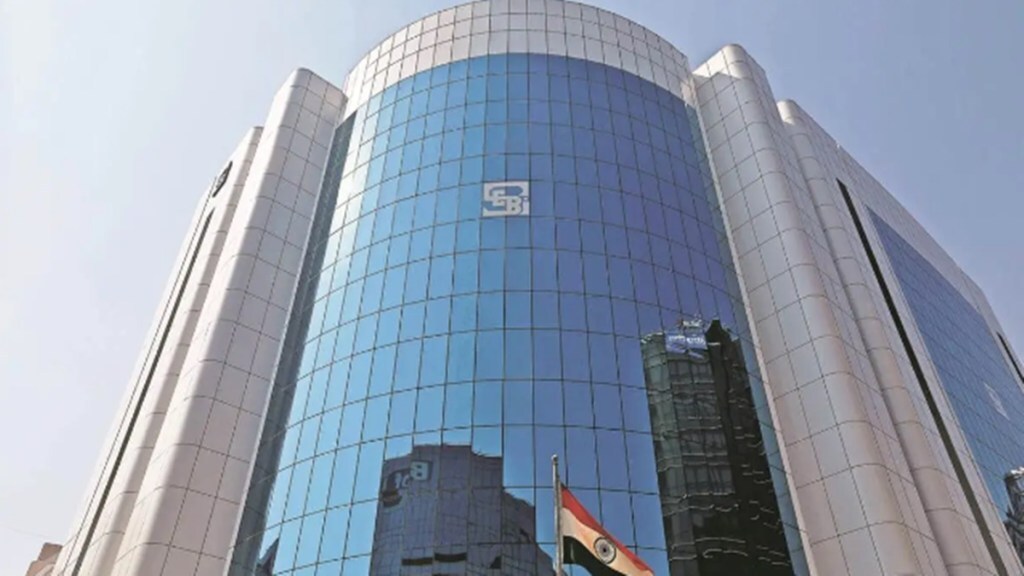By Siddhant Mishra
Experts and analysts have cautiously welcomed the Friday’s circular by the Securities and Exchange Board of India (Sebi), directing the exchanges and clearing corporations to set up an investor risk reduction access (IRRA) platform by October. While some see it as an investor-friendly move to protect them from losses arising from tech glitches at the members’ end, others are not so enthusiastic, and prefer to wait for detailed guidelines.
The purpose of the IRRA platform is to protect investors against disruption of services at the trading members’ (TM) end.
Sebi had approved of the mechanism during its board meeting on December 20. The trigger behind the move was the increasing number of glitches, as noted by the regulator, which leave investors with no avenue to square-off their open positions or cancel pending orders, especially during volatile trade.
An analyst working with a brokerage firm said the regulator has been actively tracking downtime by brokerages. In the instance of the server being down and not backing up within a certain timeframe, the trader should inform the exchange, which will then activate the alternative mechanism. This is only for investors to square-off their open positions.
At times, the order is not received by the exchange and the message gets lost in transit. This leads to heavy losses for investors. Consequently, this is being seen as an investor-friendly move to protect them from losses arising from tech glitches at the members’ end. It will also encourage members to limit such glitches and have an appropriate mechanism as a prompt remedy, according to Moin Ladha, partner at Khaitan & Co.
“As trading members (TM) have started using modernised technology to provide a better user experience to investors, it has come with its own challenges. In recent times, especially when the markets have been volatile, many investors have had to suffer losses owing to technical disruptions at the trading member’s end, as they could not execute trades due to such disruption,” said Ladha.
However, the analyst cited above pointed out that brokers/TMs have multiple set-ups across the country, so an outage wouldn’t lead to all investors facing losses. But the regulation, said the analyst, makes it look like traders only have a single set-up.
At the same time, the IRRA can enable squaring off of F&O holding and intra-day equity open positions, but not for demat positions, since the information is only available with depositories and not with the exchanges.
Also read: Nifty must hold above 18081 to head towards 18350; buy these two stocks to pocket short-term gains
“Most importantly, one should keep in mind that the BSE and NSE are not client-facing. They cater to a few hundred brokers, who, in turn, cater to millions of investors. In the event of an alternative mechanism, will they have the capacity to handle the load of millions of investors? This is what needs to be seen when the detailed guidelines are out,” said the analyst.
Sebi chairperson Madhabi Puri Buch had said the regulator won’t encourage claims of losses, implying that investors have to accept such losses as part and parcel of investing. She pointed out that this facility will be granted only when the digital grid of the broker breaks down, and can be activated by the broker or suo moto by the exchange.


